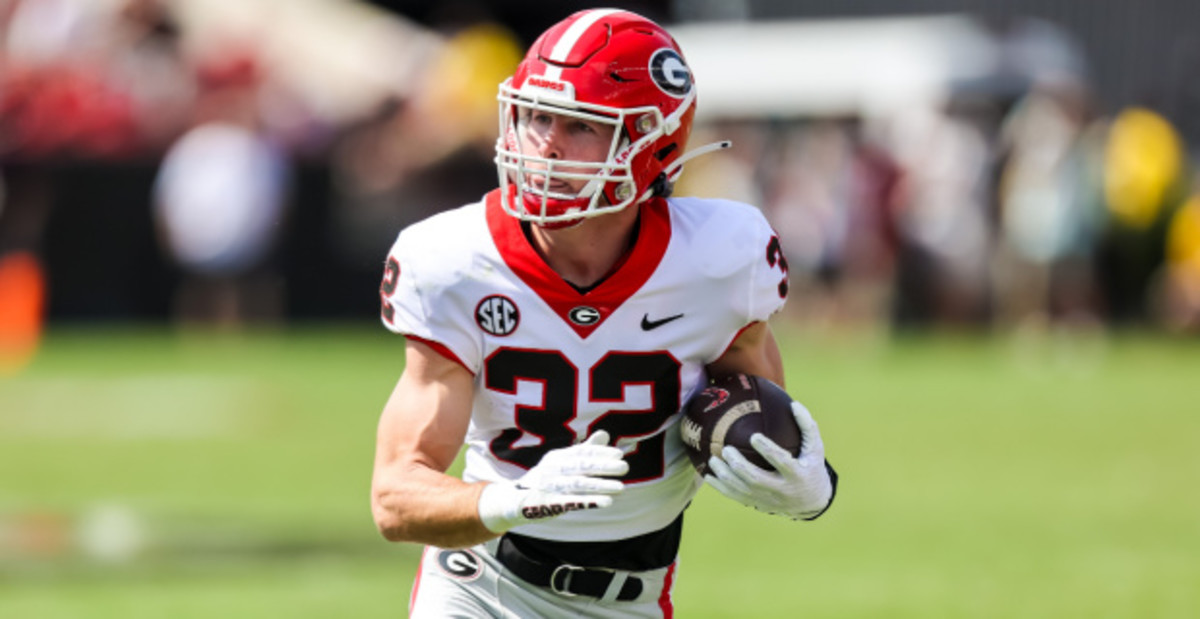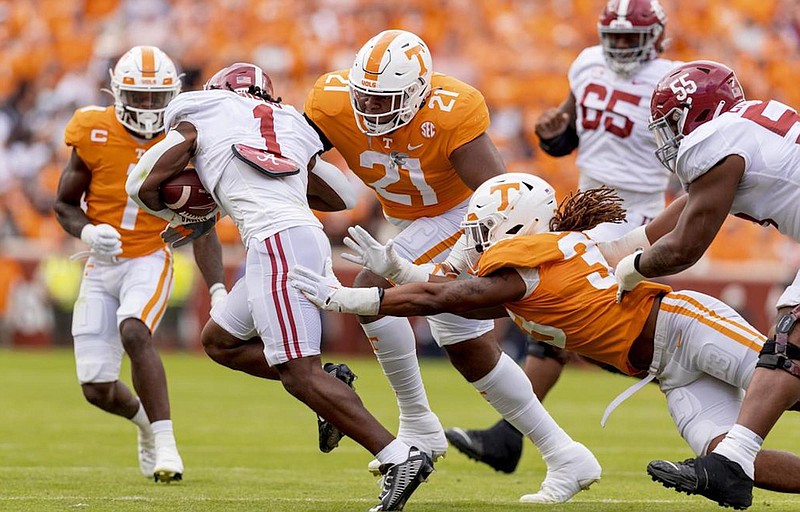Why even try?: Week 1 too weak for strong FBS teams.
Georgia Bulldogs over UT-Martin, 48-7.
Ole Miss Rebels over Mercer, 73-7
Oregon Ducks over Portland State, 81-7
Georgia, Ole Miss, and Oregon are all Top 25 teams in the NCAA Football Bowl Subdivision (FBS). The Bulldogs were crowned National Champions for the 2022-2023 season.
So why in the world are they playing little Football Championship Subdivision (FCS) teams for an easy win, and why are FCS teams lying down to be steamrolled by perennial powerhouses? Wouldn't it be more beneficial for both to stay within their leagues so they can have a better representation come playoff time?
Money
For small schools like UT-Martin, Mercer, and Portland State, the reasons for the above questions are simple: money, money, and more money.
For one or two easy wins and to find their rhythm, FBS schools will pay FCS to play them on the large school's home field.
According to an article on Redshirt Sports, Tarleton State in Texas took on the TCU Horned Frogs, who would eventually finish as the runner-up in the College Football Playoff. In most scenarios, these two teams would never - and perhaps should never - play each other.
But if TCU puts $550,000 in front of your program just to play them, would you take it? Tarleton State said "Yes."
This happens every year at the beginning of the year. The same 2022 article notes that Austin Peay was paid $600,000 to play the mighty Alabama Crimson Tide, while the University of Idaho was paid a whopping $1.3 MILLION to take on the Hoosiers of Indiana University.
For small schools, being beaten black and blue on the field turns into gold in their football program's budget.
Then there is the large school side: what do they gain besides an easy victory at the beginning?
More Money
The large FBS schools definitely lose some money when they pay these small schools to come to play at their stadiums.
They also very well might be losing money in and out of the stadium.
After all, wouldn't a viewer be more enticed to watch or attend a Georgia vs. USC game than a Georgia vs. UT-Martin game? That's a potential loss of money for networks like CBS and ESPN, with whom the SEC is ending and opening contracts, respectively.
ESPN and the SEC entered a $3 billion dollar deal set to begin in 2024, so the network may likely want the key marquee matchups of giants instead of the ant getting stomped by the shoe.
For small schools, these week 1 matchups are good for their budget. Otherwise, these matchups are bad for college football, investors, networks, and fans.


Comments
Post a Comment